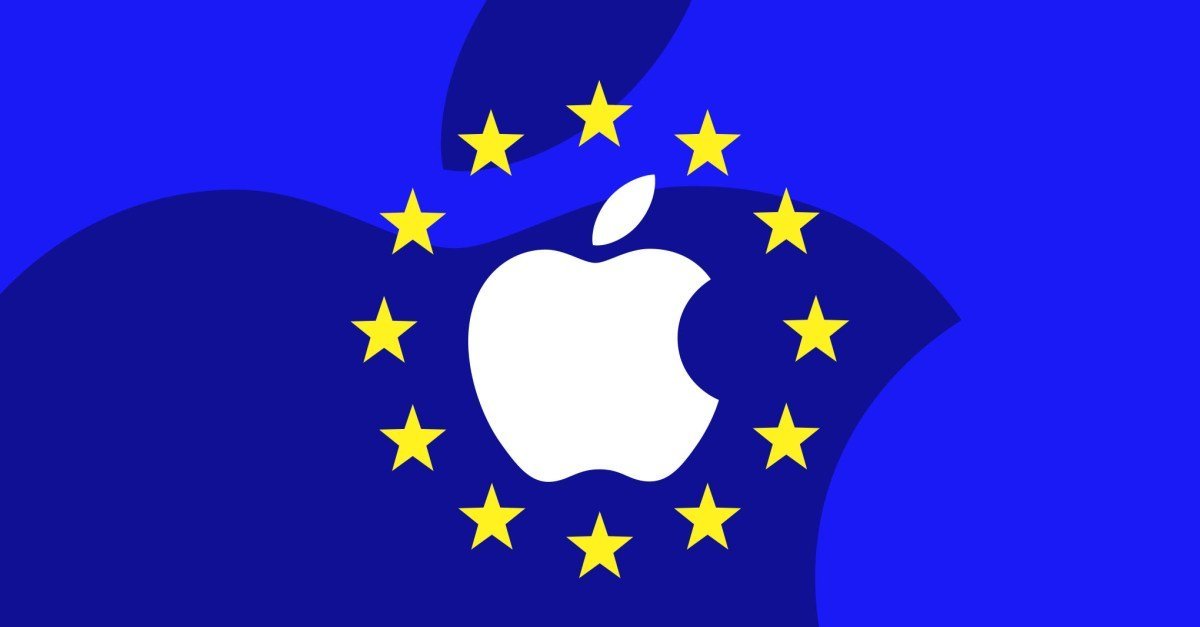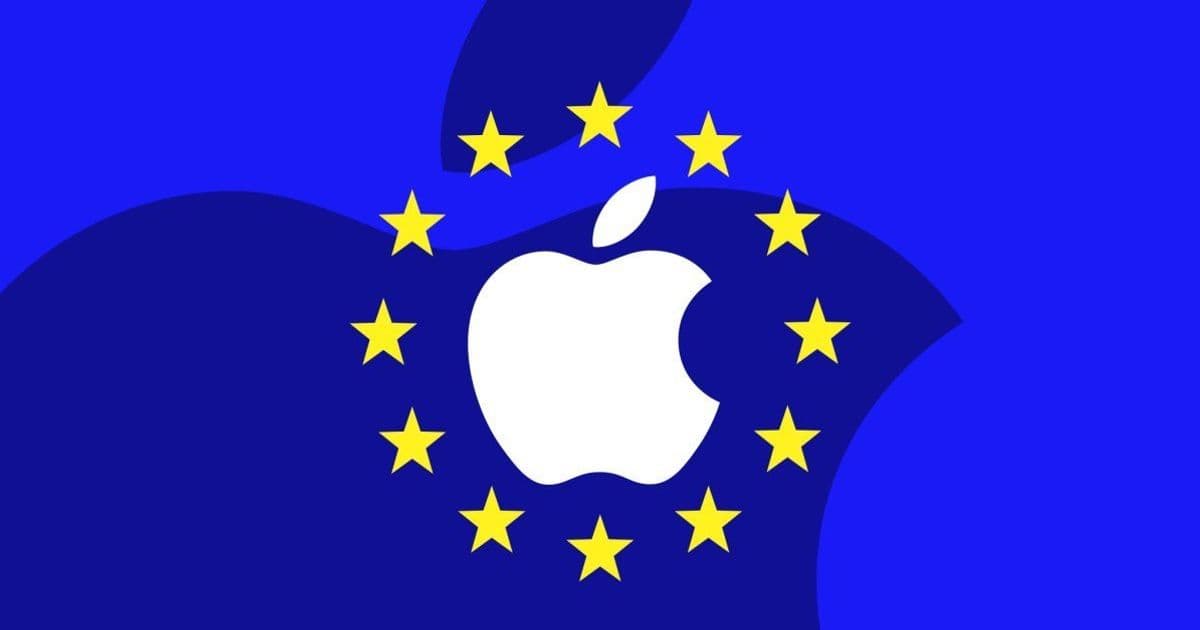Apple has revoked the developer account for iTorrent, removing the torrent client from the AltStore PAL marketplace in the EU. While citing compliance with government sanctions as the reason, the move highlights Apple's ongoing gatekeeping power over alternative iOS app stores enabled by the Digital Markets Act, raising concerns for developers and the DMA's effectiveness.
Apple has flexed its enforcement muscle within the European Union's newly established alternative app store landscape, removing the torrent client iTorrent from the AltStore PAL marketplace. This action, involving the revocation of the developer's distribution rights, underscores that Apple retains significant control over apps distributed outside its official App Store, even under the EU's Digital Markets Act (DMA).

Developer Daniil Vinogradov reported that Apple revoked his ability to distribute apps via any alternative iOS storefronts without warning last month. While torrenting apps are explicitly banned on Apple's own App Store, the DMA was designed to allow EU users greater freedom to install apps from third-party marketplaces like AltStore PAL. Apple's initial silence on the reason fueled speculation about targeting the app's functionality.
However, Apple later clarified its position to The Verge. "Notarization for this app was removed in order to comply with government sanctions-related rules in various jurisdictions. We have communicated this to the developer," stated Apple spokesperson Peter Ajemian. This suggests the block stems from potential legal conflicts with international sanctions regimes, rather than a direct objection to torrenting technology itself.
"Notarization for this app was removed in order to comply with government sanctions-related rules in various jurisdictions." - Peter Ajemian, Apple Spokesperson
The incident serves as a critical test case for the DMA's practical implementation. While the regulation compels Apple to allow alternative app stores, Apple still maintains the notarization process – a gatekeeping mechanism where it reviews apps for security and, evidently, compliance with broader legal frameworks, including sanctions. This grants Apple substantial leverage.
Implications for Developers and the DMA:
- Persistent Gatekeeping: Apple's ability to revoke a developer's entire alternative distribution capability based on compliance reviews demonstrates its enduring control, potentially chilling developer interest in third-party stores.
- Sanctions as Enforcement Tool: The invocation of government sanctions provides Apple with a powerful, externally justified reason for removal, potentially shielding it from immediate DMA non-compliance accusations related to app functionality bans.
- Uncertainty for Alternative Stores: Marketplaces like AltStore PAL face inherent instability if core apps or developers can be swiftly removed by Apple, undermining their value proposition to users.
While Apple operates within its stated rules by citing sanctions, the swift revocation of iTorrent highlights the complex reality facing the DMA. The promise of a truly open ecosystem on iOS in Europe hinges not just on the existence of alternative stores, but on the practical limitations and conditions Apple imposes upon them. The boundaries of Apple's "compliance" powers, and their alignment with the spirit of the DMA, remain contested ground. For developers betting on alternative distribution, this episode is a stark reminder that Apple still holds the keys.

Comments
Please log in or register to join the discussion